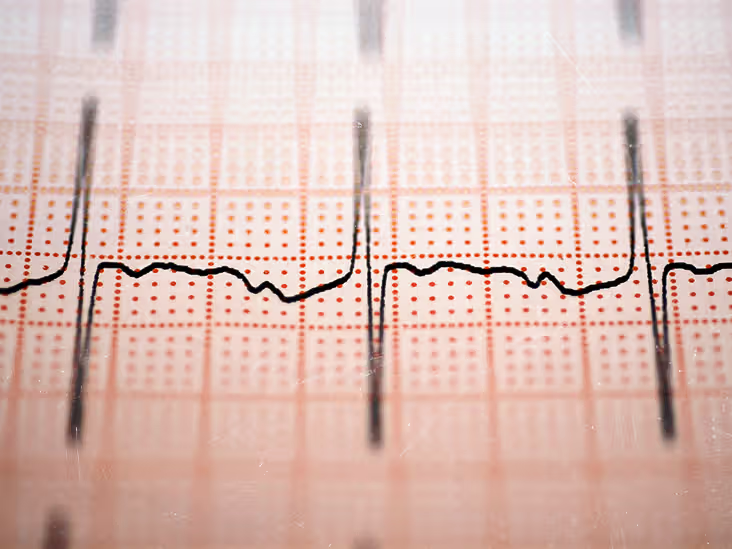Congestive heart failure is a chronic condition that influences how well the heart pumps blood throughout the body. Over time, the heart becomes less effective, leading to a buildup of fluid in the lungs, legs, or abdomen. This reduced function causes fatigue, shortness of breath, and general discomfort with even mild activity. Many patients notice they need more rest or experience swelling after sitting or standing for long periods. These symptoms can interrupt routines like walking the dog, grocery shopping, or attending social events. Day-to-day life becomes more centered around managing energy levels and planning for limitations.
Common Physical and Emotional Challenges
Living with congestive heart failure means facing both physical and emotional challenges. Fatigue can make routine chores difficult, while shortness of breath can limit even short walks or household tasks. Many patients also feel frustrated when they can’t do the things they used to enjoy, like hiking or playing with grandchildren.
Emotional strain may also increase, as heart failure is a lifelong condition requiring ongoing attention. Anxiety about symptoms or hospitalizations may be present, especially if flare-ups have led to emergency care in the past. Depression is also more common in patients who experience a steady decline in their physical abilities.
What Daily Management of Congestive Heart Failure Often Includes
Managing congestive heart failure day to day requires structure and close attention to symptoms. Many people weigh themselves daily to monitor fluid retention, which can signal a worsening condition. Medications must be taken consistently and often involve a mix of diuretics, beta-blockers, and ACE inhibitors.
Dietary changes are another constant—limiting sodium intake helps reduce fluid buildup and strain on the heart. Some individuals track their salt intake or cook most meals at home to have better control. Planning meals, activities, and rest breaks becomes a central part of living well with this condition. Social life often changes when living with congestive heart failure. Individuals may turn down invitations or leave events early due to fatigue or discomfort. They might also avoid travel or busy locations where rest or medical access is limited.
For those still working, the condition may require a shift to part-time hours or a less physically demanding role. Frequent appointments and symptom management can also affect scheduling flexibility. Despite these changes, many people find ways to maintain meaningful relationships and adapt routines that align with their energy levels and comfort.
Support Systems and Positive Coping Strategies
A reliable support system makes managing heart failure more realistic and less isolating. Family, friends, or caregivers often play a role in driving to appointments, preparing meals, or simply offering encouragement. Patient support groups—whether in person or online—can provide a sense of shared experience and reduce emotional strain. Coping strategies might include journaling, practicing gentle yoga, or speaking with a mental health provider. By building a network of support, individuals are more likely to stay consistent with their care plans. Small changes and steady habits can add up to a better quality of life over time.
Looking Ahead
While heart failure presents ongoing challenges, many patients live fulfilling lives by making informed adjustments. Medical advances have made it possible to manage the condition more effectively with fewer hospital stays. People who stay active within their limitations and follow their care plans often report better outcomes. It’s possible to experience joy, independence, and purpose even with reduced physical capacity. Understanding what triggers symptoms and learning to navigate the ups and downs makes a difference. Over time, patients often develop a new rhythm that reflects their strength and resilience.





